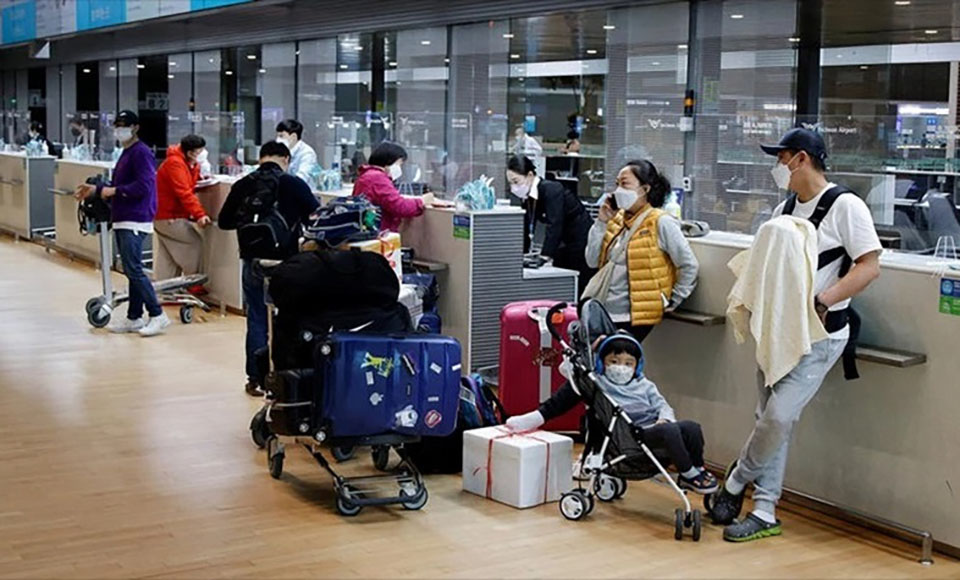
South Korea has witnessed a significant decline in the number of Thai tourists for the seventh consecutive month, as frustrations and anti-Korean sentiment grow due to the Korea Electronic Travel Authorization (K-ETA) system. This system has frequently denied entry to Thai tourists.
On Tuesday, July 30th, the Korea Tourism Organization reported that the number of Thai visitors in the previous month dropped by 19.5% compared to the same period last year, totaling 20,150 people. This marks a continuous decrease for seven consecutive months.
The decline has pushed Thailand from the top position among ASEAN countries in terms of tourists visiting South Korea, falling to third place in April and slipping further to fifth place since May. The cumulative number of Thai tourists visiting South Korea in the first half of this year decreased by 19.1% compared to the same period last year, totaling only 168,328 people.
This decline contrasts with the recovery in inbound tourism to South Korea following the COVID-19 pandemic. In June, South Korea welcomed over 1.41 million foreign visitors, a 47.5% increase from the same period last year.
Before the pandemic, Thailand had the highest number of tourists visiting South Korea among ASEAN countries, with 572,000 visitors in 2019, driven by the popularity of K-pop, Korean dramas, and other cultural content.
The recent decline in Thai tourists has been linked to issues surrounding the K-ETA system, which was fully implemented in September 2021. The system requires travelers from 112 countries to register and provide information online for screening before being allowed entry into South Korea.
Reports have emerged that a significant number of Thai citizens have been denied entry under this system, fueling anti-Korean sentiment in Thailand. The South Korean Ministry of Culture, Sports, and Tourism requested that the Ministry of Justice temporarily waive the K-ETA requirement for Thai citizens until the end of 2024. This request aims to help South Korea achieve its goal of attracting 20 million tourists by 2024.
However, the Ministry of Justice refused, citing that Thai citizens account for the largest proportion of illegal immigrants in South Korea. “We need to be cautious, as any policy changes could lead to a significant increase in the number of undocumented or illegal immigrants,” the ministry stated.
The dissatisfaction among Thais with the K-ETA system became evident last November, prompting the South Korean Ministry of Justice to defend the screening process, noting that 78% of Thai residents in South Korea are there illegally. The ministry emphasized its responsibility to reduce the number of illegal residents in the country.








